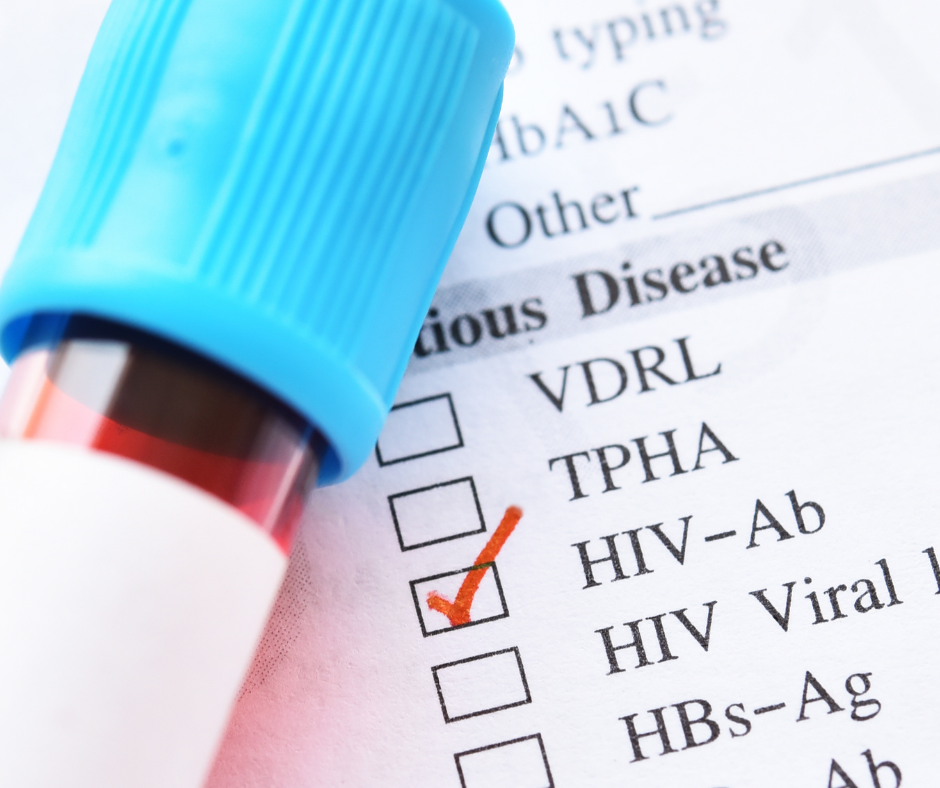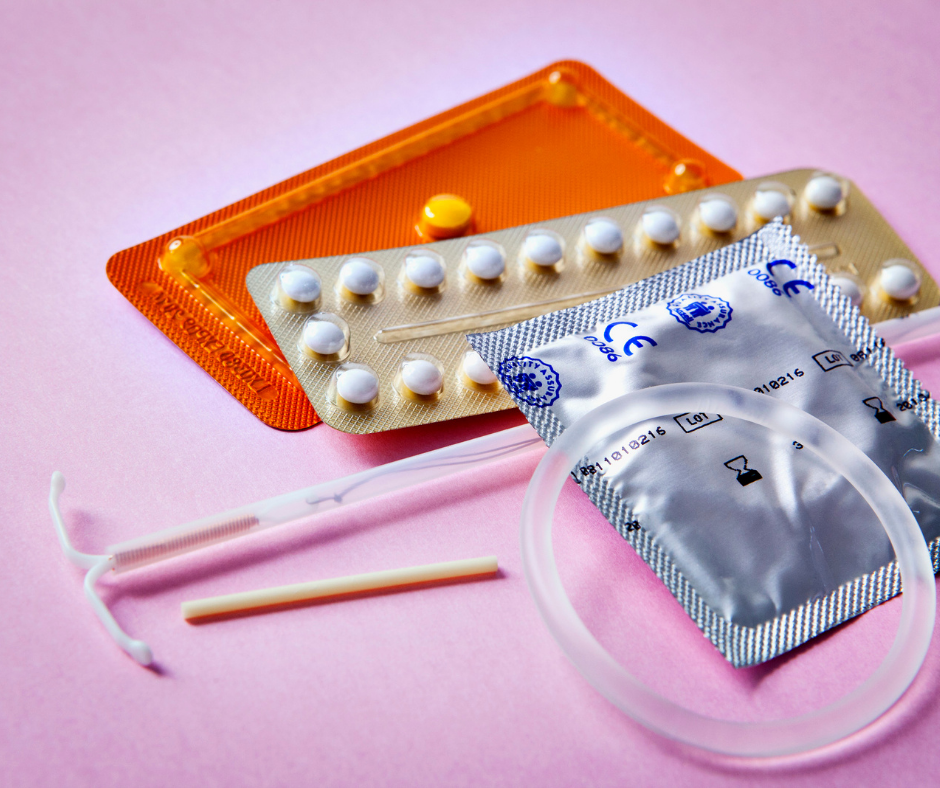As a member of the LGBTQ+ community, I can attest to the difficulty many of us face navigating the healthcare system and advocating for our sexual health. If you are a queer person, it can be challenging having the same health and sexual health discussions with your doctor that our non-queer counterparts have. As a physician, I can also attest to the lack of education we have on sexual health as it specifically pertains to LGBTQ+ people. One survey of US and Canadian medical schools conducted from 2009-2010 found that the median number of hours devoted to LGBTQ+ health topics during medical education was 5 (Obedin-Maliver). Five hours in 4 years. That’s it. The lack of LGBTQ+ representation in medical school is one of several deficiencies of our Western medical education system.
In my practice, I focus almost exclusively on sexual health. Every day I see how important sexual health can be to maintain a fulfilling quality of life. Sexual health, as I see it, is a microcosm of your overall health and well-being. And if you’re a member of the LGBTQ+ community, you deserve the same opportunity to maximize your health and quality of life as anyone else.
My goal in writing this is to bridge the gap between queer person and provider. I have learned so much from my LGBTQ+ family that I wasn’t taught in medical school and I want to pay it forward. Below is a list of sexual health topics you should consider discussing with your doctor. Think of it as a primer on how to get the most out of your next doctor’s visit to start living your best sexual life.

1. Gender identity and sexual orientation
Queer people are often afraid to come out to their doctors for fear of rejection or judgment. But sharing how you identify and your preferred sexual orientation, if you have one, can be a good way to break the ice with your doctor. Do you identify as a specific gender? Which pronouns do you prefer? Which sexual partners, if any, have you been with in the past, or do you hope to be with in the future? These details are important for creating a dialogue between you and your physician so they can better serve your sexual health needs.
I realize these aren’t always easy things to disclose. Doctors can be intimidating. And there’s plenty of research demonstrating that LGBTQ+ folks have had negative experiences with the healthcare system at some point in the past. But sharing these personal details about yourself is a good first step at building a meaningful relationship with your healthcare provider.
2. Sexual practices
Identity and sexual orientation are just the tip of the iceberg. Perhaps even more important to optimize your sexual health is discussing what kind of sexual practices you typically engage in. Do you have penetrative sex? If so, what does that mean to you: manual, penovaginal, anal, toys, fisting, etc.? If not, what other types of sexual activity do you practice? Oral sex? Rimming? BDSM and kink? Do you use condoms or other methods of prophylaxis or contraception? Understanding more about your sexual behaviors will allow us to understand more about you.
It is also important for your healthcare provider to know if you have one partner or many. They don’t need to know the intimacies of your romantic and/or sexual relationships, but knowing the number of partners you have can help us assess your sexual health risk.
3. Know your status
Getting tested for HIV and other sexually transmitted infections (STI) can be a scary experience. Trust me, I’ve been there. But knowledge is power. Depending on the frequency of sex and/or number of sexual partners, I usually recommend my patients get tested every 3-6 months. Regular testing is important because HIV and other STI can often be asymptomatic.
Getting tested regularly can also be empowering and educational. Don’t make it a chore; make it a planned, active part of keeping up on your health. Think of it like getting your teeth cleaned at the dentist’s office. No one likes doing it, but many of us need to a few times per year. Use the opportunity to discuss ways to keep yourself safe from sexually transmitted infections going forward.

4. Mental health
Checking in on your mental health is an important part of optimizing your overall health and promoting healthy sexual behavior. Many LGBTQ+ people can experience feelings of self-loathing, depression, and anxiety as a result of being raised in a society that may condemn or reject them. One study even found that persons who identify as gay, lesbian, or bisexual had a 1.5x higher risk of depression/anxiety and alcohol or other substance abuse than heterosexuals. The same study also found that the prevalence of suicide attempts was more than 4 times higher in men who have sex with men (King). Depression and anxiety, when not identified and addressed, can sometimes lead to uncharacteristic and risky behavior that may jeopardize your health. Depressed persons are also more likely to harm themselves. Recognizing you may be struggling with your mental health is not a sign of weakness and admitting these concerns to your doctor is the first step in addressing the problem.
5. Immunisations and HIV prevention
When most people think of immunizations they think about chickenpox, school-age children, or the flu shot. But vaccine recommendations for LGBTQ+ folks may differ from those of their heterosexual counterparts. For example, men who have sex with men (MSM) should consider being vaccinated against human papillomavirus (HPV) as well as hepatitis A and B. The Los Angeles LGBT Center even recommends gay and bisexual men consider getting vaccinated for invasive meningococcal disease (meningitis). In addition to protecting against penile, head and neck, and anal cancers, the HPV vaccine also targets HPV strains that most commonly cause cervical cancer. For this reason, queer persons with a cervix (no matter how they identify) should also consider the HPV vaccine.
Another topic worth discussing is HIV prevention. Pre-exposure prophylaxis (PrEP) is a daily pill that can help prevent HIV. If you don’t have HIV, taking PrEP every day can lower your chances of getting HIV from sex by more than 90%. Some groups that may benefit from PrEP include:
- Those who do not regularly use condoms.
- Those who have a sexual partner who is HIV positive.
- Those who have a sexual partner who is at high risk for contracting HIV.
- Those who engage in anal or vaginal sex with multiple partners, especially if condoms are not used regularly.
- Those who have recently contracted another STI (like chlamydia, gonorrhea, etc.).
- Those who do sex work that includes vaginal or anal sex.
- Those who use injectable drugs, share needles, or who have been in treatment for drug use in the past 6 months.
- Those at high risk for HIV who are pregnant, trying to get pregnant or breastfeeding.
6. Contraception
Contraception options are far too often left out of LGBTQ+ sexual health discussions. This may result from misguided beliefs of pregnancy risk on the part of the healthcare provider or the patient. Reproductive health should focus on behavior rather than identity. Specific sexual behaviors may result in unplanned pregnancy, without regard for gender identity or expression. For example, transgender men or transmasculine individuals can get pregnant even while taking testosterone. The best way to prevent an unwanted pregnancy is to discuss contraceptive options with your provider.

7. Cancer screening
LGBTQ+ people often undergo less routine cancer screening than heterosexuals. This can include breast cancer, certain gynecological cancers, and prostate, penile, and anorectal cancer. If individuals are undergoing less screening, then they are less likely to be diagnosed early when these cancers may be most curable. You should definitely let your health care provider know if you have any family history of cancer. This may trigger cancer screening earlier than other individuals. At the end of the day, cancer screening is about specific organs that have nothing to do with your gender identity/expression or sexual orientation. For example, some transgender men or transmasculine men may need regular pelvic exams and Pap smears. Alternatively, transgender women should also regularly undergo prostate cancer screening after a certain age.
8. Pleasure
Now that we got all the clinical stuff out of the way, let’s focus on the best part of sex: pleasure! If you’re having sex regularly (even if it’s with yourself) and not find it satisfying, say something to your doctor. Having problems reaching orgasm? Trouble achieving or maintaining an erection? Persistently low sex drive? Pain during sex? These are all things that a knowledgeable health care provider can help with. Sometimes you may have to think outside of the box and look specifically for sexual health providers to guide you down the right path. Try to vet providers who also have experience working with LGBTQ+ patients. Do your homework. Ask around. LGBTQ+ folks are often happy to share a positive experience they may have had with their provider. Many of my patients get to me through diligent online research or first-hand recommendation from one of our communities. At the end of the day, if you’re looking to enhance sexual pleasure find a health care provider that can help you meet that goal.

Final thoughts
I hope you have found this information helpful and will use it going forward to optimize your sexual health. I will leave you with a few last bits of advice:
- Be honest: Try your best to be open about who you are and what kinds of sexual practices you engage in. It will only help strengthen your relationship with your health care provider.
- Be an advocate for yourself: Do your research. Ask questions. Demand solutions. As queer individuals, sometimes it takes us being assertive and speaking up to receive the same care as others. If you encounter a provider who seems lost, confused, or judgmental about your queer experience, find someone else.
- Share your experiences: When you find an exceptional health care provider, make sure to tell your peers about them.
Sources:
Obedin-Maliver J, Goldsmith ES, Stewart L, White W, Tran E, Brenman S, Wells M, Fetterman DM, Garcia G, Lunn MR. Lesbian, gay, bisexual, and transgender-related content in undergraduate medical education. JAMA. 2011 Sep 7;306(9):971-7.
King M, Semlyen J, Tai SS, Killaspy H, Osborn D, Popelyuk D, Nazareth I. A systematic review of mental disorder, suicide, and deliberate self harm in lesbian, gay and bisexual people. BMC Psychiatry. 2008 Aug 18;8:70.
IOM (Institute of Medicine). 2011. The Health of Lesbian, Gay, Bisexual, and Transgender People: Building a Foundation for Better Understanding. Washington, DC: The National Academies Press.
https://lalgbtcenter.org/health-services/medical-services/vaccine
Astroglide is available at Woolworths Supermarkets across Australia.
Astroglide is available at Coles Supermarkets across Australia.
